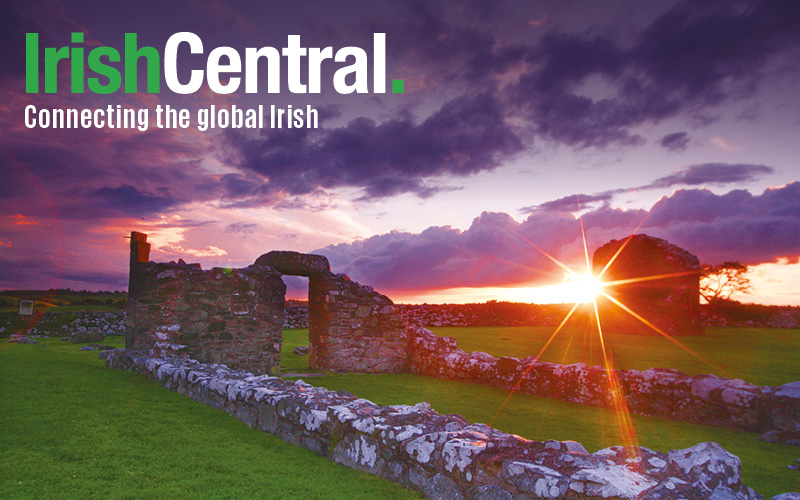An account of Rose Fitzgerald Kennedy’s little-known action during the Cuban missile crisis, when she prompted the interest of the Soviet secret service, the CIA and her own son who was U.S. president, was recalled last weekend by her grandson Ted Kennedy Junior.
He told the Kennedy Summer School in New Ross, Co. Wexford – where he delivered the inaugural Edward M. Kennedy lecture in honor of his father – that his grandmother was fond of giving signed books as Christmas presents.
If somebody published a book she would get the author to sign a few copies and give them as Christmas presents.
At the very height of the Cuban missile crisis Soviet secretary Nikita Khrushchev penned a personal letter to President John F. Kennedy.
Around the same time Khrushchev received a letter from Rose Kennedy of Hyannis Port, Massachusetts, asking him to sign some of his books.
Kennedy Junior said, “The Soviet secret service was very interested in the letter and had hundreds of people analyzing it, trying to figure out what message the Kennedys could be sending.”
As nuclear warfare was about to break out, the CIA also became aware of the communication as did Rose’s son President Kennedy.
“When the president remonstrated with his mother, Rose said it was a simple matter. Every year she picked an author and this year it was Mr. Khrushchev’s turn,” Kennedy Junior said.
He and his cousin Rory, Robert Kennedy’s daughter, visited the Kennedy homestead at Dunganstown as well as attending the school.
They laughed and joked as they arrived at the quays in New Ross and posed for pictures with staff of the Famine experience vessel, the Dunbrody.
It was just a few feet from a monument to mark the spot where President Kennedy had addressed a crowd in the town 50 years ago. It was also only 30 yards from where the president’s ancestor Patrick sailed from Ireland in 1848.
Kennedy Junior and Rory were accompanied by their spouses, Kiki Kennedy and Mark Bailey.
Both insisted the old country connections were as much a part of Kennedy life as they had been at least a generation before. They said Irish politics and culture were still the stuff of every dinnertime conversation.
Kennedy Junior recalled his family’s progress in the U.S. and said his grandmother in Boston was treated as a second-class citizen.
“Even when my uncle ran for the presidency there were those who pointed out that he was a Catholic,” he said. “Can you imaging that was still an issue!”




Comments